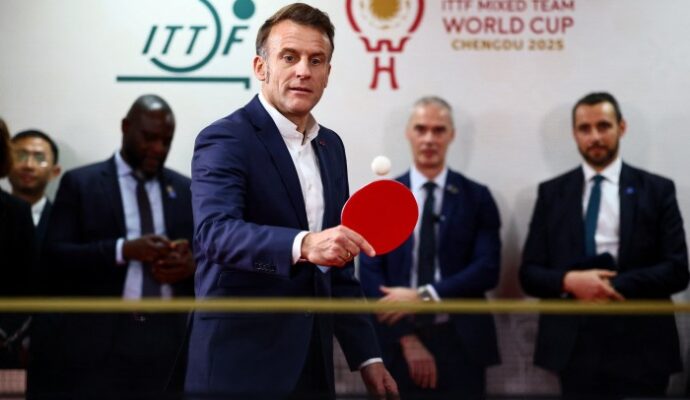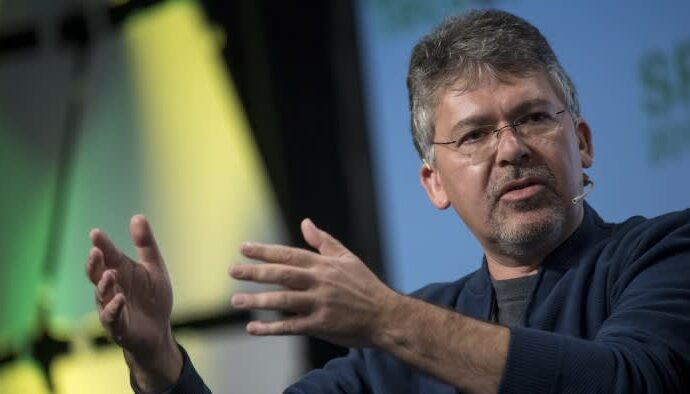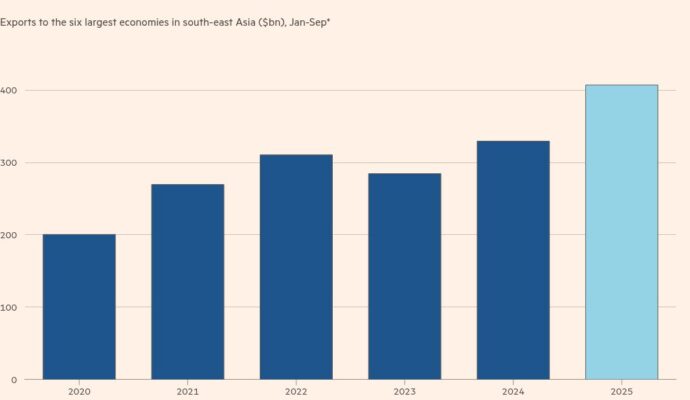Unlock the Editor’s Digest for free
Roula Khalaf, Editor of the FT, selects her favourite stories in this weekly newsletter.
Sir Keir Starmer has reiterated the UK’s support for India to be given a permanent place on the UN Security Council as the British prime minister met his Indian counterpart Narendra Modi in Mumbai.
India has been elected to the council eight times, most recently from 2021 to 2022, but has demanded a permanent role given its population of 1.4bn and fast-growing economic clout.
Speaking at the state governor’s residence in Mumbai, Starmer — who is on a two-day trade visit to the city — congratulated India on its rising global strength and backed its demand for the UN place.
He added: “We sit together in the Commonwealth, the G20, and we want to see India taking its rightful place on the UN Security Council too.”
The UK, the US, China, France and Russia are the five permanent members of the Security Council. All apart from China have supported India’s bid for a permanent seat. Ten non-permanent members are elected every two years.
India has been asking for reforms of the UN Security Council — which decides the organisation’s response to conflicts — for years. Last month, India’s foreign minister Subrahmanyam Jaishankar raised the issue again at the UN General Assembly, saying that the UN’s “resistance to reform” has been central to its “erosion of credibility”.
In 2014 Britain said it supported a permanent seat on the security council for India, as well as for Brazil, Germany and Japan, and permanent representation from Africa.
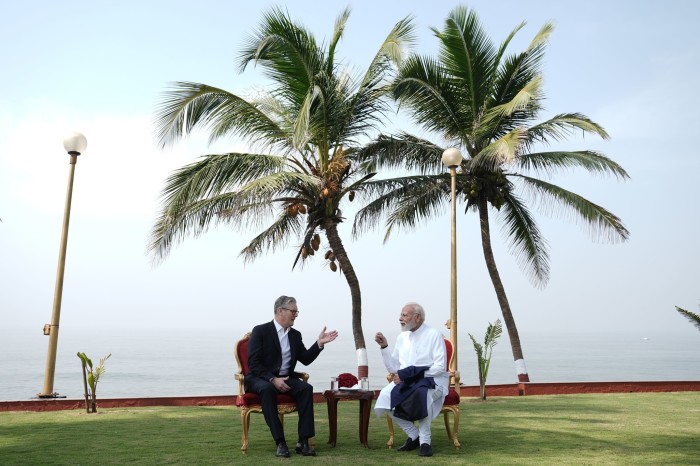
London’s endorsement of a permanent UN Security Council membership is an enticement to New Delhi to resolve its decades-old dispute with Pakistan, among others, over the fate of the Himalayan state of Kashmir. India and Pakistan first went to war over control of Kashmir in 1948, less than a year after the partition that created both independent countries.
Starmer said he and Modi discussed at a meeting on Thursday the need for a “just and lasting peace in Ukraine”, as well as “breaking away from dependence on fossil fuels”.
Donald Trump, the US president, has been exerting political pressure on India to stop buying oil from Russia, which has been largely resisted by Modi, who calls himself a “friend” of Russian president Vladimir Putin.
By contrast, Starmer has tiptoed around that issue, instead only emphasising Britain’s strong support for Ukraine since it was invaded by Russia in 2022.
Asked by reporters before the meeting if he would suggest Modi stops purchasing Putin’s oil, the prime minister refused to answer the question directly.
“We’re one of the leading countries in the coalition of the willing, bringing together allies in order to ensure that if there is a ceasefire, it’s lasting,” he said. “And we’ve taken really effective sanctions in relation to particularly the shadow fleet.”
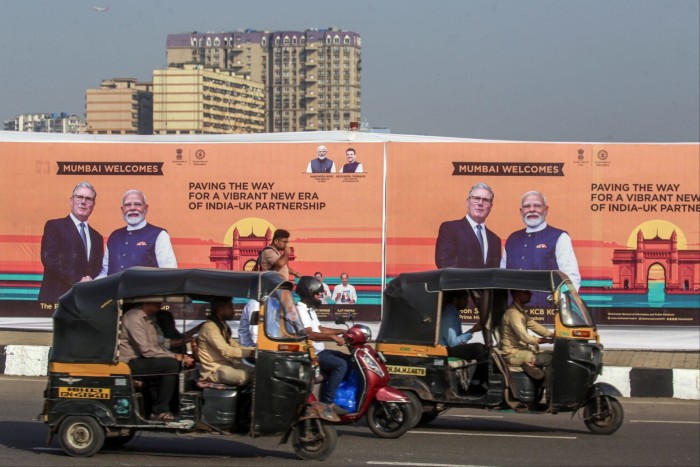
The comments are part of a pragmatic approach to international diplomacy by Starmer, which has emphasised the importance of global trade to help lift the UK out of its economic malaise.
Starmer brought 126 business figures with him on the trip — the largest-ever such UK delegation — to seek to highlight that message.
The visit is the PM’s first trip to India and is designed to send a message to British companies that they should take advantage of the UK-India trade deal signed in London by Starmer and Modi in July.
Britain’s Ministry of Defence announced on Tuesday a £350mn deal to supply UK missiles, made by the defence electronics group Thales, to the Indian army.
